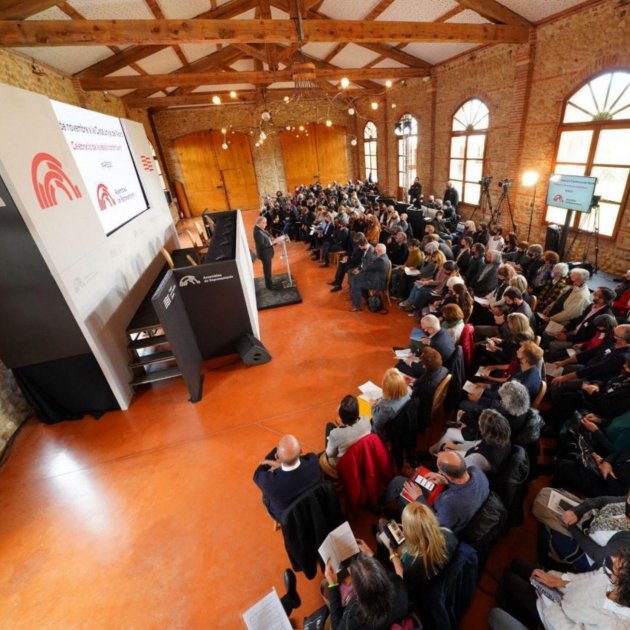The assembly of representatives of the Council for the Republic, the pro-independence Catalan exile organization, has called a plenary session for March 5th, to debate the investiture of Carles Puigdemont as president of the body. According to the Council, it will be an in-person session, beginning at 11am, with, as the key item on its agenda, the debate and voting on the candidate or candidates for the presidency. Puigdemont has not yet formally announced his candidacy, but all indications are that this will materialize. According to the regulations approved last weekend by the assembly of representatives, a period for the presentation of candidacies will now be announced, with those standing for the office needing prior endorsements from 20% of the representatives. If, as expected, Puigdemont stands for the presidency, he will have to present a political action programme to the plenary, following the usual practice of Parliaments. If he is successful in the vote, he will formally become president of the Council for the Republic, a status he holds at present but on a provisional basis.
This will be the second in-person plenary session of the Council for the Republic's Parliament, with the first having been held in Canet de Rosselló on 14th November last year. The assembly of representatives is chaired by Ona Curto (CUP), after the 121 representatives forming the body were elected in an internal election held last October. With eight candidates running for the presidency of the legislature, Curto won with an absolute majority, 50.4% of the vote. The mayor of Banys d'Arles in Northern Catalonia, Maria Costa (Unitat Catalana), was elected first vice-president, while the former ERC municipal councillor Jordi Pessarrodona holds the second vice-presidency; As for the secretaries, the first is in the hands of ERC journalist and activist Joan Puig and the second, the Democrates party MP, Assumpció Laïlla.
The provisional government of the Council this week presented its so-called Free Ministry of Foreign Affairs, which plans to create a diplomatic network within civil society in defence of the independence of Catalonia, going beyond what the foreign ministry of the Catalan government can do. The initiative is coordinated by former ANC leader Adrià Alsina, who took part in the presentation in Brussels alongside Puigdemont and lawyer Neus Torbisco. Alsina stated that the Council has begun to make contacts with people in significant profiles so that they can assume this representation. "What we will do is act as a diplomatic network, but the functioning will be like any other ministry. There will be coordination, training and other aspects that we will detail later ", he indicated. Puigdemont argued that all those actions abroad that could lead to persecution for representatives of the Catalan administration, within the Spanish state, could be undertaken by the Council for the Republic in exile "without fear" and without having to give explanations to any minister or ask permission from an embassy. "The Council must assume a function that is forbidden to the government of Catalonia and its institutions," he explained.
